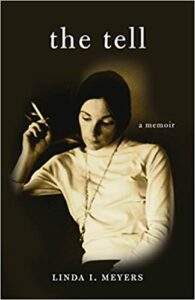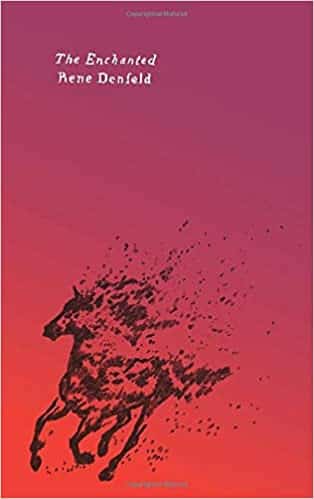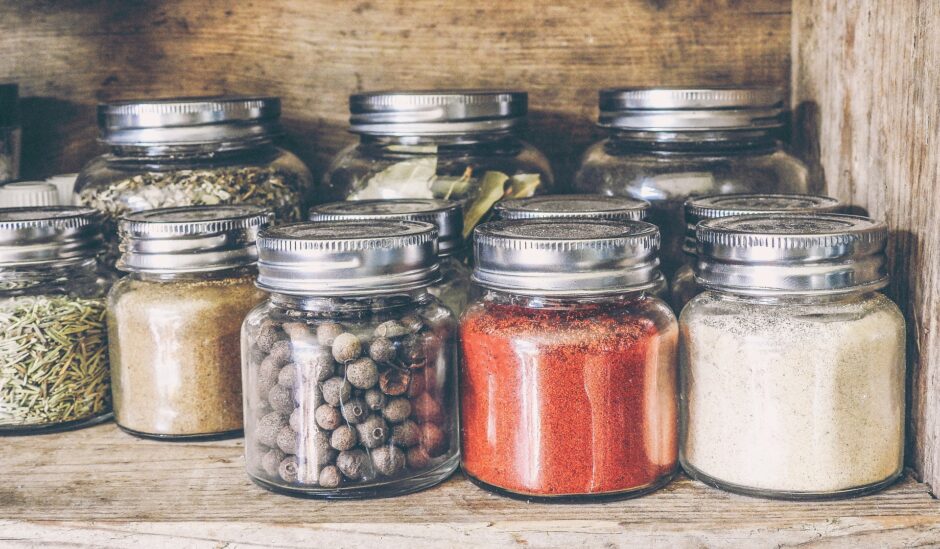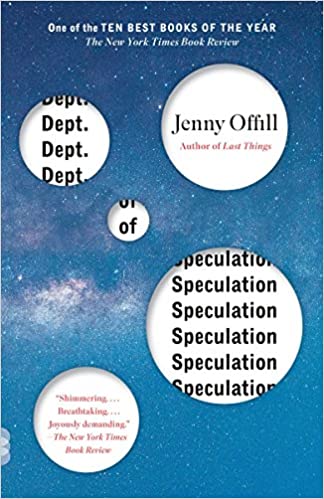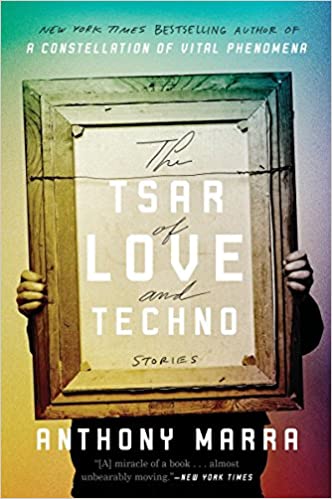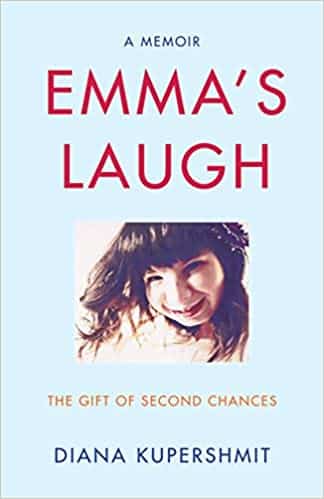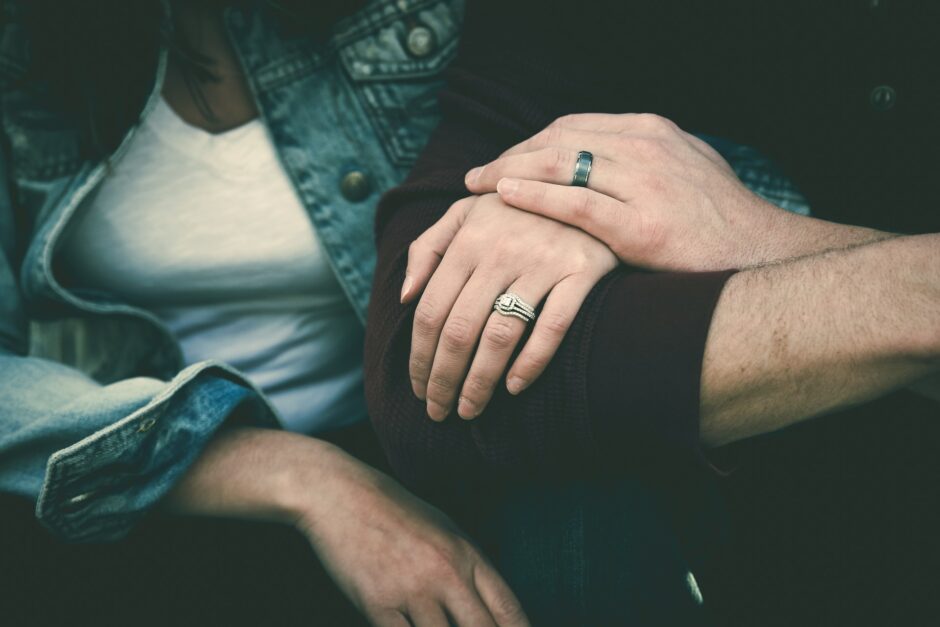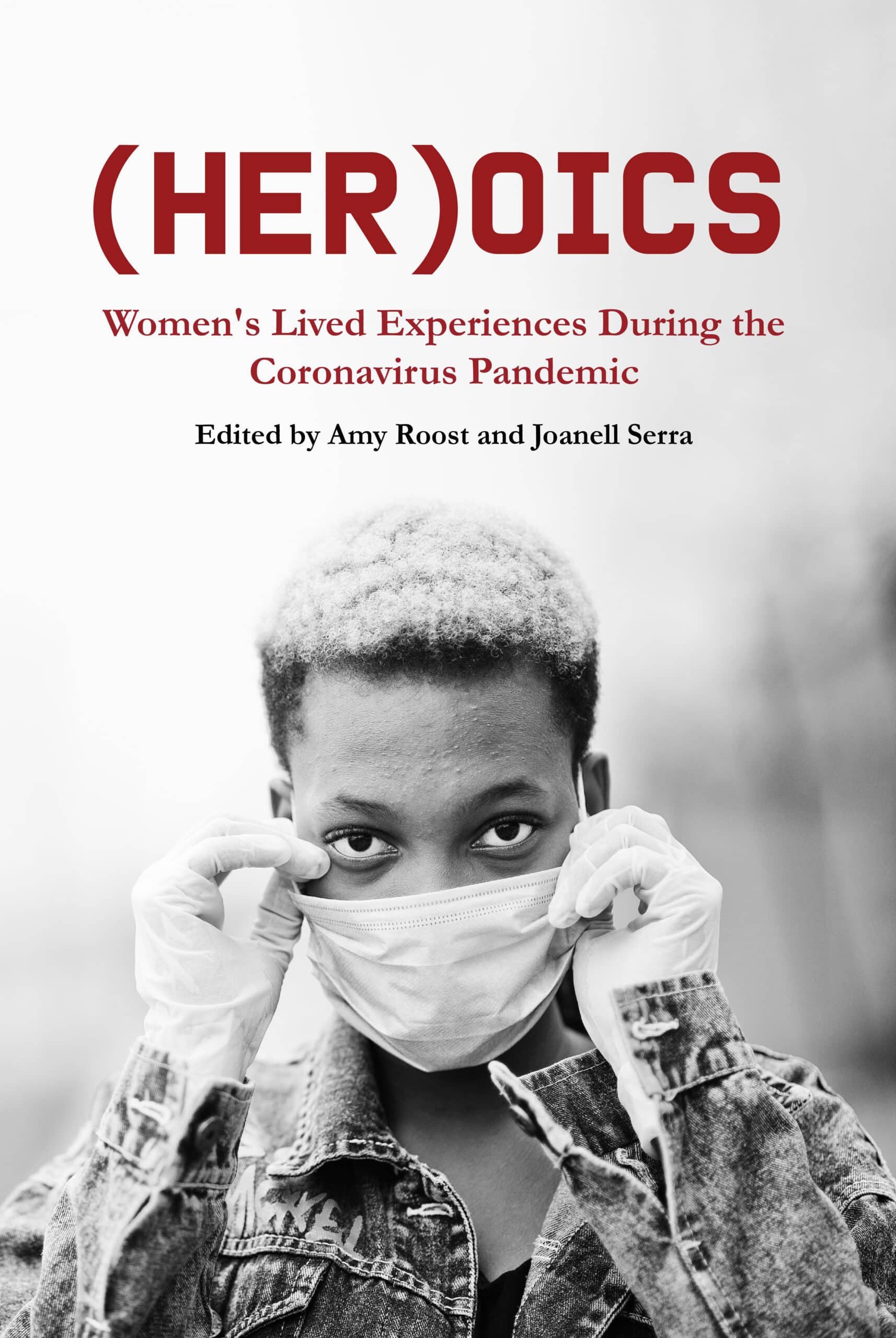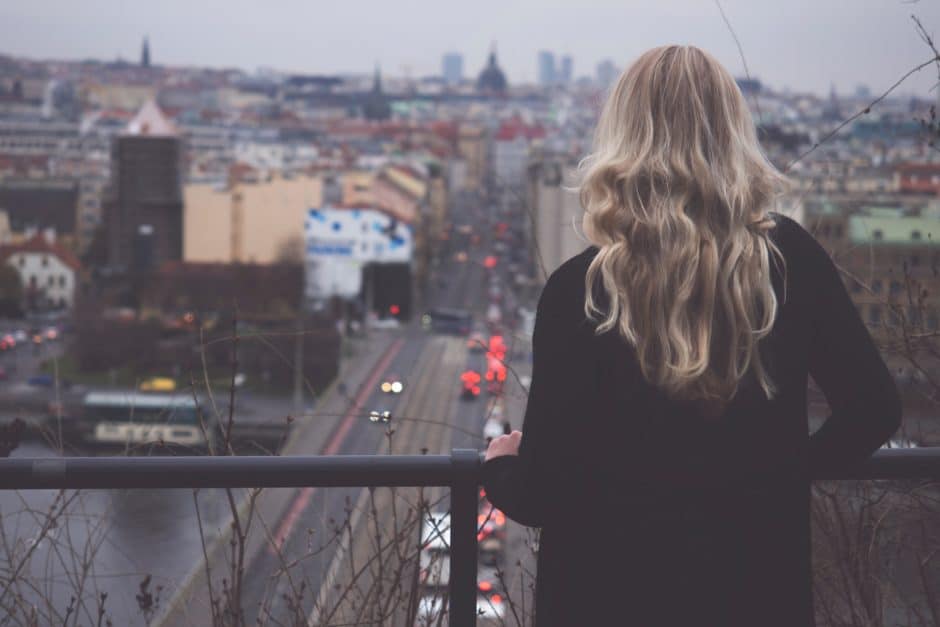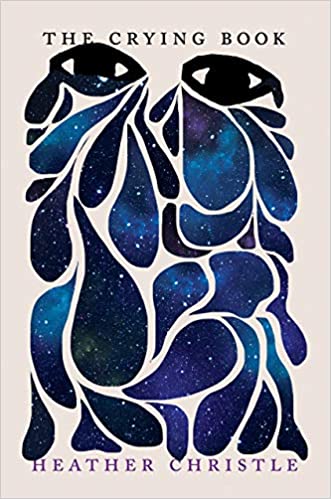It was three years since my husband died. I sold the house, found an apartment in New York City and decided to try on-line dating, signing on to JDate, Match, and Plenty-of-Fish. My oldest son, the arbiter of all things popular, told me to never post my real age. He said nobody does. Everybody lies.
I agonized for a week. I’m a pretty straight shooter but sixty-seven was kind of up there and so I wrote down sixty. My son was upset. “Put fifty-nine,” he said. Have you ever seen a dress priced at $600? It’s always $599. And if it’s on sale it’s $399 not $400. It’s psychological.”
I knew from the psychological. I was a psychologist with a doctorate; he knew he was speaking my language, but I told him I wasn’t a dress, and I wasn’t ready to be discounted. I stuck with sixty and hoped that my picture would pull it off. If I met someone viable, I would tell him the truth.
Sophisticated 60-year-old woman looking for a sophisticated man. I’ve climbed to see the mountain gorillas in Uganda and barged down the Amazon to meet the Yagua Indians. I’ve done research in Africa, live in NYC, have a practice in Princeton, and a writing cabin in Woodstock. I have a long story to tell a good man over a slow dinner.
I read it over. Even I was impressed. I clicked send and waited.
It didn’t take long. I was the new kid on the block. It was great but all the guys were under forty-five. I responded to an eager 35-year-old, suggesting he reread my profile; I was sixty-years old. I gulped at the lie but couldn’t imagine that the extra seven years mattered in this case. He said he had seen my age; it was fine; he liked older women. I said it wasn’t fine with me.
This went on for several weeks. None of the age-appropriate men were knocking on my door. I decided to get aggressive, remembering the younger Linda—the one with chutzpa—who’d been married at nineteen, had three kids by age twenty-seven, started college at thirty and got divorced at thirty-one. The Linda that signed on for assertiveness training, consciousness raising and masturbation workshops. The masturbation workshops—taught by a bald woman in a mini skirt with very high black boots—were particularly intriguing. She had a carousel filled with slides of female genitalia. The diversity was fascinating. She flashed them on a screen side-by-side with slides of Georgia O’Keefe’s paintings. It made me consider taking an elective in contemporary art.
Sadly, I had completely missed the sixties. Instead of doing drugs and making love, I was changing diapers and stitching needlepoints. It was 1970 when I divorced my first husband—a heady time for women. Betty Friedan and Gloria Steinem were leading the march for equality while Gloria Gaynor sang the anthem, I Will Survive. Fortified by the women’s movement, and with no time to waste, I headed for the singles bar.
I walked in, scoped the scene, picked out the best-looking guy and started a conversation. The following month I went on a singles vacation to the Club Med in Martinique where the help, hired for their looks, were paid extra to fraternize with the guests. I was having a great time but then my friend Sally called and said her best friends had recently split and did I want to meet the husband?
“He’s fifteen years older than you,” she said, “but he’s a great looking guy. Think Omar Sharif or Sean Connery.”
The fifteen years worried me, but Sean Connery? Friday night he came to pick me up and by Saturday morning my single days were over.
Now thirty-seven years later, my husband gone, it was time to be proactive again. Thinking about the age difference between my second husband and me, I decided to flip the coin and reconsider the interest of the younger man. According to Ron, the cutie from Queens: younger men preferred older women because they’re more interesting, don’t play games, do drugs, or want kids and, he added, they’re great in bed.
Great in bed was going to be a stretch. These guys were physically fit. I hadn’t been to a gym since I’d had back surgery the previous year. Pictures from the Kama Sutra flashed in my head. My back started to ache like a phantom limb.
I got a hit from an African American man. His handle was Bodybuilder. He was forty years old. He said I was beautiful and asked if I would like to chat. “Beautiful” was always a hook. I thanked him for the compliment and confessed that I didn’t take a shine to buffed men. He said he wasn’t buffed, he was chiseled. I told him to post a picture and I’d decide. The picture looked like a guy out of Sports Illustrated: naked from the waist up, elbows out, fingers gripped, gleaming pecs. He wasn’t chiseled. He was buffed. I said I’d like to see him in a suit.
“What would you like me to wear?” he asked.
I suggested for formal attire he consider a well-tailored suit, probably black, with a French blue shirt and a good pair of shoes.
“And for casual?”
I suggested pleated linen slacks, draped nicely over his hips, a white shirt open at the neck and good shoes.
“What about you?” he asked.
I told him for casual I’d wear a pair of tight-fitting jeans, black boots with a good shine, a white man-tailored shirt and a straw Stetson hat.
“And for formal?”
“The same outfit but I’d ditch the hat.”
“LOL,” he said.
I told him I was looking for a man who had as much confidence in his brains as he had in his body. He said he would send more pictures.
The next week he posted another photo. The only thing between him and pornography was the steering wheel of a boat. I told him to contact me when he got dressed.
This was fun. The Internet lent itself to snappy repartee and vapid conversation. I was pretty good at both. It became my entertainment after a long day at the office.
There was the forty-three-year-old writer from Plenty of Fish. His first email asked, “Why haven’t you invited me over yet?” I thought that was a little presumptuous. I wrote back something brilliant like “We haven’t met yet.”
He wrote, “Let’s meet. We’ll have a drink and we’ll go back to your apartment.”
I told him no one comes back to my apartment on a first date.
He said I was closed-minded.
“How about a ninety percent chance we’ll go back to your apartment?”
I said, “No way.”
“What about eighty/twenty?”
I wouldn’t budge.
Negotiations went on for two weeks. It was Friday night and I told him I was going to the Café Luxembourg for a martini and some oysters. He was welcome to come. He said fifty-fifty was his final offer. He didn’t show. That was fine with me. The oysters were superb.
A week later he agreed to meet, no strings. He was waiting when I walked into the cafe. He was nice looking—young, but young was beginning to look older. He said he’d written four novels and taught creative writing at City College. Okay, this had possibilities. Ten minutes into the date he took my chin in his hand, turned my head to him, held up two fingers, pointed at his eyes and said very seriously, “Look at me. You really want to take me home, don’t you?”
I began to laugh. He had to be kidding. He let go of my chin, turned back to his drink, and said, “Whatever.”
Two minutes later he turned around and did it again. After the fourth time, I was rolling on the floor.
“What’s so funny?” he asked in exasperation. I said I wanted to know how he wrote four novels when he only knew ten words?
“Whatever,” he shrugged, turned around and walked out of the bar.
That was my best night out since I’d signed on to the dating sites. I laughed all the way home.
In January I got an email from an attractive fifty-four-year-old, 6’5” Israeli. His picture showed him standing at a stove, a bandana on his head, apron around his waist concentrating on whatever it was he was stirring in a pan.
His profile read: “Good man/bad boy/ whiz in the kitchen…blah…blah…blah.” I liked the “blah…blah…blah,” at least he wasn’t into platitudes. “Looking for a woman,” it continued, “thirty-five to ninety-nine.”
Ninety-nine. I figured I’d made the cut with room to spare. I gave him my number. He called five minutes later and invited me over for dinner on Thursday.
“You’re in Israel,” I exclaimed.
He said, “So, you’ll take a plane. You’ll come to Israel. What you like? Chicken? Fish? What you like, I’ll make. Come. You won’t be sorry.”
He was serious. I laughed. We said we’d talk the next night. He was a fantasy without a face.
The on-line thing was beginning to get tired. I was thinking about going off. The coup-de-gras came a few days later. Each day Match sends you your perfect match. I logged on one morning to find I was staring into the face of my first husband. Your perfect match, it said. I screamed, as though a large beetle had crawled out of my computer. His profile read; “…likes to travel but hasn’t really gone anywhere. Likes to do crossword puzzles but not the New York Times. Likes to go to the movies but rarely has the time.” Last book read, “The Da Vinci Code- waited for it to come out in paperback. Wanted a woman 45-65.” Seriously? I was too old even for him!
That was it. I’d had it. I got off all the sites. It didn’t matter if I was sixty or sixty-seven; if my ex-husband was supposed to be my perfect match then I’d rather live the fantasy. I picked up the phone and called Israel.
Linda I. Meyers is a clinical psychologist in private practice in NYC. She is also a writer and author of the memoir, The Tell.
*********
We are looking for wordpress editors — Find out more here.
*********


